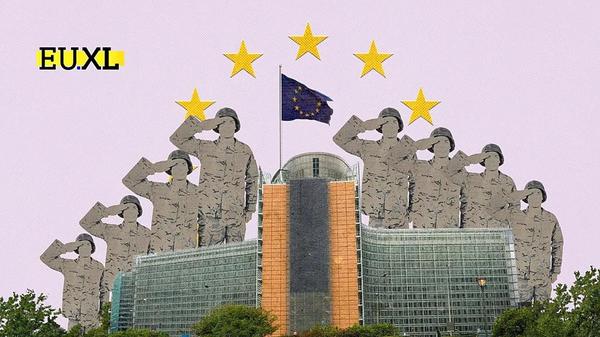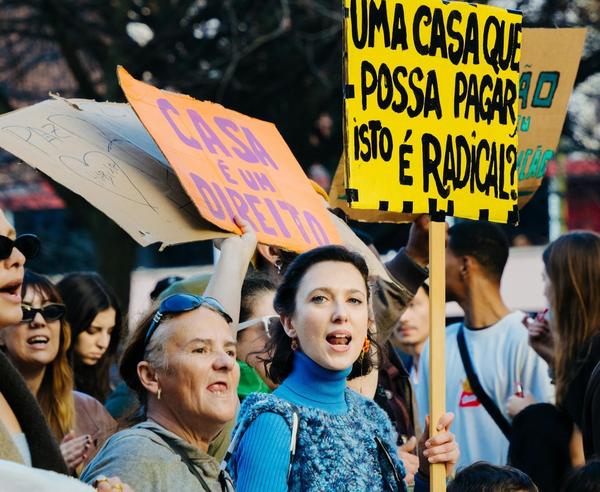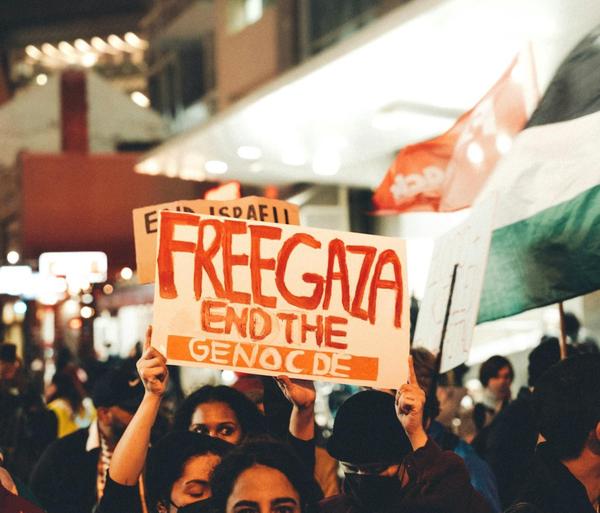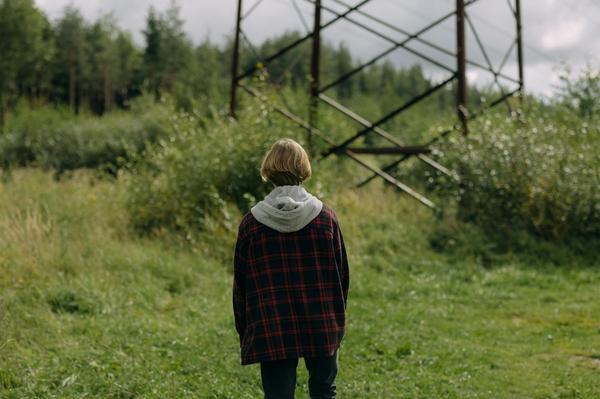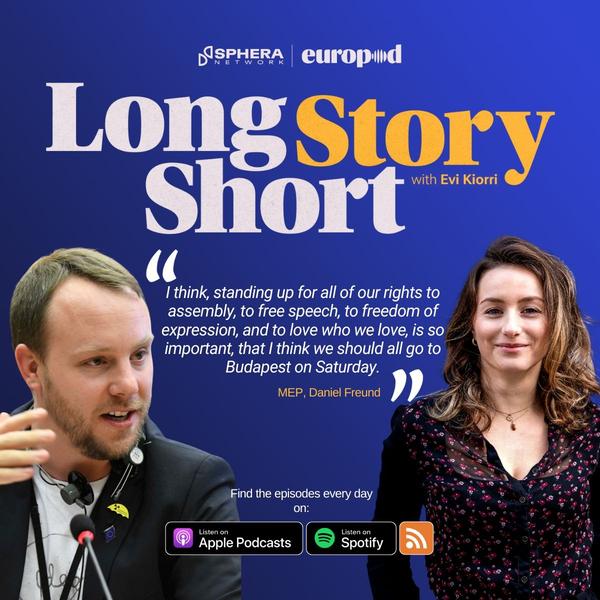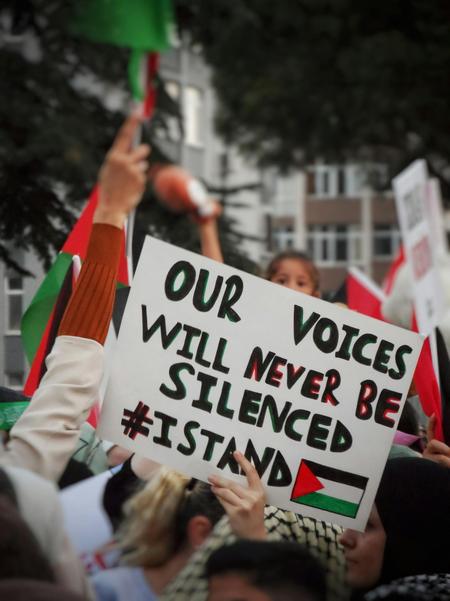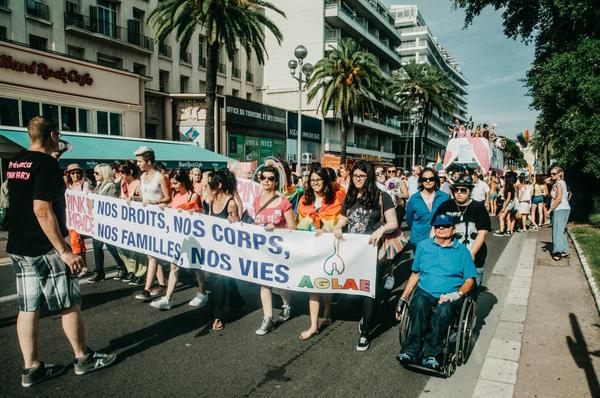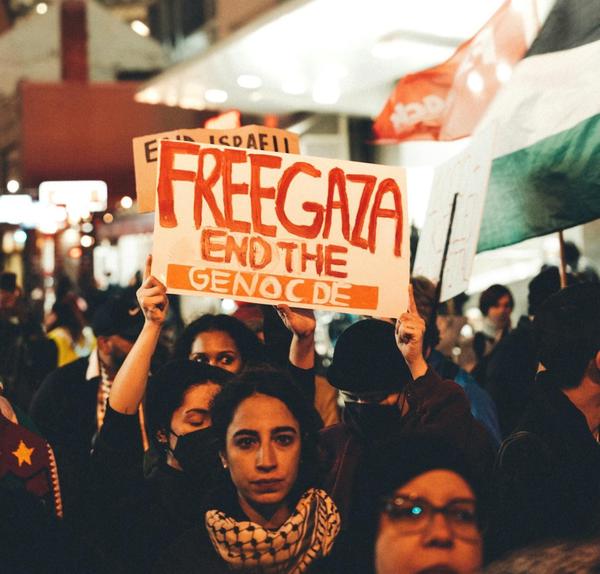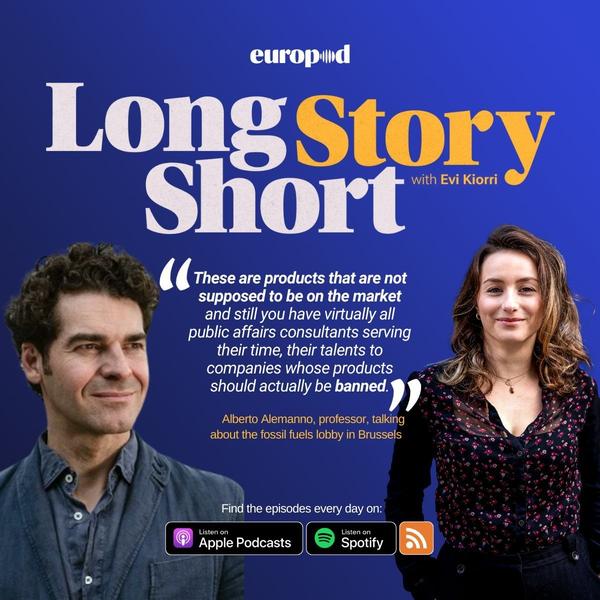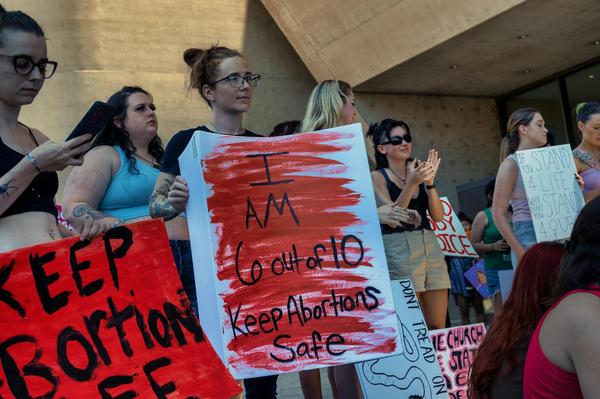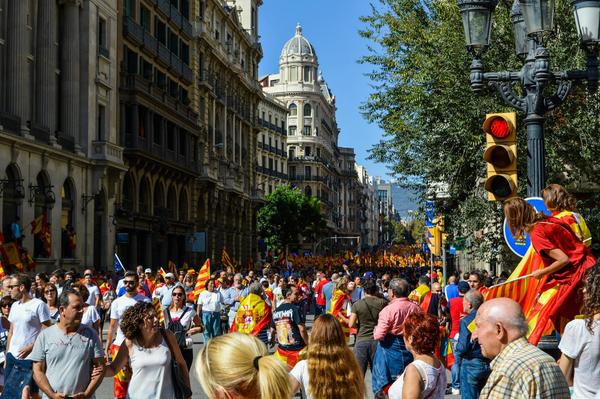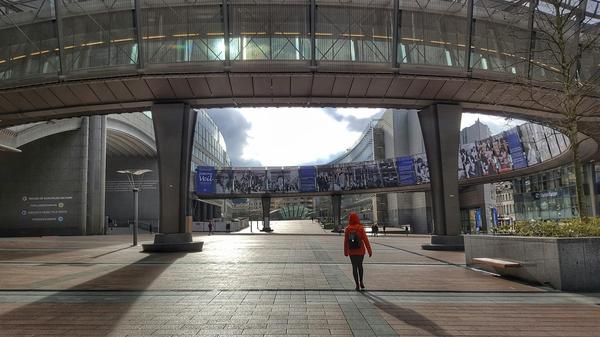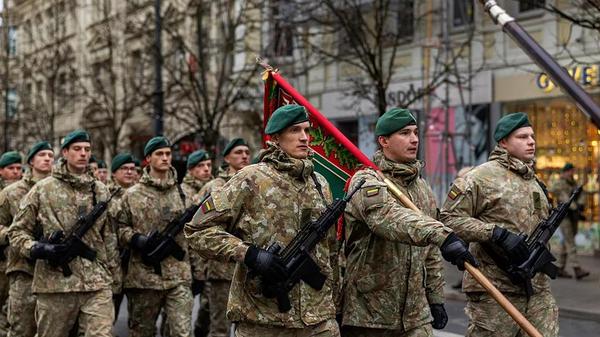
Lithuania on the frontline: Preparing for a possible war
In Vilnius, daily life continues as usual, but beneath this normality, Lithuania focuses on reinforcing its security in response to new uncertainty in Europe’s security order.
For Lithuania, a NATO and EU member bordering Russia’s Kaliningrad exclave and Belarus, the war in Ukraine has not been a distant conflict. It has been a warning.
Lithuania sees a rising threat from Russia in the next three to five years, according to Vice-minister of National Defence Karolis Aleksa. He cites Russia's mi...
For Lithuania, a NATO and EU member bordering Russia’s Kaliningrad exclave and Belarus, the war in Ukraine has not been a distant conflict. It has been a warning.
Lithuania sees a rising threat from Russia in the next three to five years, according to Vice-minister of National Defence Karolis Aleksa. He cites Russia's mi...
